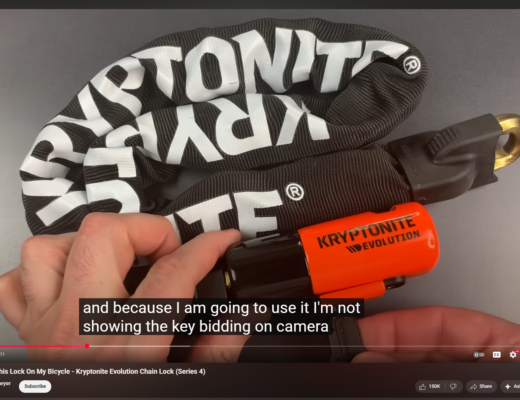What Is a Shared Appreciation Mortgage?
A shared appreciation mortgage is a financing arrangement where homebuyers receive a lower interest rate and potentially a reduced down payment in exchange for giving the mortgage company a portion of the home’s future appreciation value. This type of mortgage has been around since the 1990s but remains relatively uncommon in today’s market. For example, if someone purchases a home for $300,000 using a SAM, and the property value increases to $500,000, they must share a percentage of that $200,000 appreciation with the mortgage company. With a 20% shared appreciation agreement, the homeowner would owe the lender $40,000 of the increased value when selling or refinancing.Key Disadvantages of Shared Appreciation Mortgages
- Loss of future property value gains
- Difficulties when attempting to refinance
- Complications during property sale
- Additional payment requirements when paying off the mortgage early
The Cash vs. Mortgage Debate
The discussion highlighted a common dilemma many homebuyers face: whether to pay cash for a home when funds are available or take out a mortgage to keep cash invested elsewhere. Research from a comprehensive study of over 10,000 North American millionaires revealed that none attributed their wealth to borrowing against their home for investment purposes.The data says the facts are that your husband’s theory is wrong,” Dave Ramsey emphasized during the show.
Smart Home Buying Strategy
For those with sufficient cash reserves to purchase a home outright, the recommended approach is to pay cash and avoid mortgage complications. This strategy eliminates interest payments, removes the risk of losing future appreciation value, and provides complete home ownership from day one. A practical compromise for couples who disagree about using cash versus getting a mortgage is to try paying cash first with an agreement to revisit the mortgage option after a specified period, such as two years. Experience shows that once people own a home free and clear, they rarely want to encumber it with debt.Financial Decision-Making in Marriage
The conversation also touched on the importance of mutual trust and respect in financial decision-making between spouses. While healthy debate about financial choices is encouraged, spouses should value each other’s input and common sense, especially when one partner raises valid concerns about complex financial products. The discussion referenced Proverbs 31, which speaks to the value of a wife’s wisdom and the benefit of a husband trusting her judgment. This biblical principle emphasizes the importance of considering both partners’ perspectives in financial decisions.Frequently Asked Questions
Q: What are the main risks of a shared appreciation mortgage?
The primary risks include giving up a portion of your home’s future value appreciation, facing difficulties when attempting to refinance, and encountering complications during sale. Additionally, early payoff requires settling the appreciation portion owed to the lender.
Q: Is it better to pay cash for a house if you have the money available?
Yes, paying cash for a house when possible eliminates interest payments, removes the need for monthly mortgage payments, and gives you complete ownership. Research shows that successful wealth builders typically avoid borrowing against their homes for investments.
Q: How does a shared appreciation mortgage affect refinancing?
Refinancing becomes more complex with a shared appreciation mortgage because you must settle the appreciation portion owed to the lender before you can refinance. This requirement can make it financially challenging to switch to a conventional mortgage later.
Q: What percentage of home appreciation typically goes to the lender in a SAM?
The percentage varies by agreement, but using the example discussed, a typical arrangement might require 20% of the appreciation value to be paid to the lender. For instance, if a home appreciates by $200,000, the lender would receive $40,000 of that increase.







